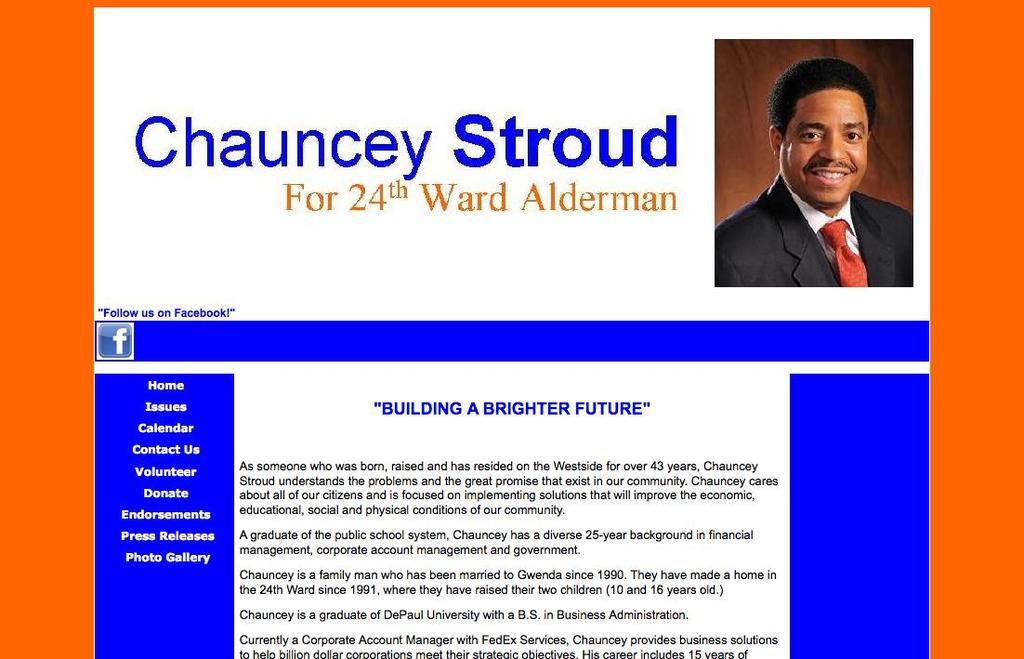The enigma of déjà vu: Solving the mystery of familiarity
Brain Enigma: Revealing the Hidden Causes Behind Our Most Perplexing Experience of Déjà vu
Few feelings are as unusual as the sensation that we've lived through something before, even though it's happening for the first time. This strange feeling is called déjà vu, derived from the French phrase "already seen." As humanity has puzzled over it for centuries, scientists have made great strides in understanding what causes this eerie emotion and what it might tell us about our brains.
From the bustling streets of a foreign land to the hallowed halls of the laboratory, a tantalizing mystery lies at the intersection of memory, perception, and cognition. That mystery is déjà vu. In this lively exploration, we'll delve into the mind-bending reality of déjà vu, uncovering its possible causes, deciphering its significance, and discovering how science is shedding light on the complex workings of our neural circuits.
On the hunt for déjà vu: Following the trail of the familiar feeling
The first step in solving any mystery is understanding the question at hand. So, what exactly is déjà vu? Put simply, déjà vu is a brief, yet powerful, sensation that we've experienced a scenario before—even though we're encountering it for the first time. The feeling is often accompanied by an uncanny confidence, causing us to pause, question reality, and ponder the oddity of the situation.
Journeying further down the trail of understanding, we discover that déjà vu can appear in various forms. It can be as fleeting as a whispers of a forgotten melody or as persistent as an overpowering sense that we've stepped through the pages of time. Who among us hasn't found themselves standing in an unfamiliar place, only to feel a sudden wave of familiarity sweep over us, as though we've walked on this path before?
The neurological sleuth: Chasing déjà vu down memory lane
But, how does déjà vu happen? To unlock this enigma, we must first grasp the intricate mechanics of our brains. Memories, the fabric of our personal histories, are woven from the strands of our experiences, each one a unique combination of sights, sounds, smells, and emotions. Our brains are designed to categorize, store, and recall these memories, using diverse regions to accomplish these essential tasks.
Several neurological theories aim to explain the puzzle of déjà vu. One popular idea is that it arises from a glitch in memory processing, where the brain incorrectly identifies a current scene as a stored memory. This disorienting sense of déjà vu can occur due to temporary misfiring between structures involved in memory consolidation, such as the hippocampus and temporal lobe.
Interestingly, those with epilepsy often experience frequent déjà vu. Researchers suggest that abnormal electrical activity in the temporal lobe might be responsible for these lapses in the perception of time. It's as if our brains are momentarily tricked by the universe, forced to rewind the tape of life and experience the passage of time anew.
The psychological detective: Déjà vu and the battle within the mind
Though neurological factors play a significant role in déjà vu, psychological explanations are equally compelling. One such theory centers on the cognitive process of memory recall and recognition. When we encounter a new environment, our brain works diligently to make sense of the influx of sensory data flooding our senses. In some cases, the brain mistakes certain elements as familiar, even if they are pieces of novel situations.
Another intriguing perspective is the influence of subconscious memories, those fading fragments that lurk in the darker corners of our minds, waiting to resurface when we least expect it. It's possible that these forgotten memories inadvertently seep into our perception of the present, creating a false sense of familiarity that ultimately gives rise to déjà vu.
A cultural collision: Deciphering the many faces of déjà vu
Exploring the roots of déjà vu necessitates a glance at its history and cultural interpretations. Throughout time, this mental sensation has been attributed to a wide range of supernatural occurrences, from past lives and parallel universes to time travel and supernatural encounters.
Though these interpretations may captivate the imagination, modern scientists dismiss them, viewing déjà vu as a manifestation of cognitive processes, rather than a supernatural phenomenon. Yet, despite varied cultural narratives, the core sensation of déjà vu persists, a testament to its common ground among human experience.
The artists' mirror: Déjà vu in literature, film, and art
The allure of déjà vu has enthralled artists, filmmakers, and writers, inspiring countless works that both explore and mystify this strange sensation. In popular culture, movies like The Matrix and Inception have woven déjà vu into their narratives, using it as a catalyst for exploring themes of reality, perception, and time manipulation.
In these stories, déjà vu is recast as a moment of clarity or revelation, suggesting that the fabric of reality is not as solid as we believe it to be. By blurring the lines between dream and reality, these tales intrigue us by tapping into the mystery and unnerving nature of déjà vu.
A power to control: Can we harness déjà vu to our advantage?
With the tantalizing sensations of déjà vu comes the natural human impulse to control or prevent it. Regrettably, there's no guaranteed method for doing so. Yet some researchers suggest that managing stress and improving cognitive function may help reduce the frequency of déjà vu episodes. By adopting a healthy lifestyle, practicing mindfulness, and engaging in mental exercises, we may be able to tame the elusive specter of déjà vu.
Reading the mind's code: Technology and the future of déjà vu
As society continues its rapid evolution, technological advancements are providing exciting opportunities for the deeper exploration of déjà vu. Neuroimaging techniques like fMRI and EEG enable scientists to observe brain activity during déjà vu episodes, shedding light on the specific areas of the brain that contribute to this strange mental sensation.
The future of déjà vu research may also see a role for virtual reality (VR) in testing the brain's memory systems. By creating immersive, life-like environments, scientists can observe which areas of the brain are activated during déjà vu experiences. In this sense, VR technology promises to provide valuable insights into the neural pathways that underlie déjà vu.
The intertwined fabric: Déjà vu and dreaming
Delving deeper into the intricacies of déjà vu, another intriguing connection emerges: that of déjà vu and dreams. Some people report their déjà vu experiences as eerily similar to vivid dreams from their past. These dream-like déjà vu episodes suggest a possible link between our unconscious minds and the conscious world.
Indeed, scientists are investigating the relationship between dreams and memory consolidation, the process by which our brains sort and store memories from the day. It's possible that déjà vu episodes, particularly those involving dream-like moments, are the result of our brains misinterpreting elements from both waking life and the world of our dreams.
The bridge between past and present: Déjà vu and creativity
The enigma of déjà vu takes on another intriguing facet when we consider its potential impact on creativity and problem-solving. Some researchers posit that déjà vu might provide a cognitive shortcut, helping our brains identify solutions based on the familiarity of certain patterns or scenarios that seem eerily familiar. By allowing our minds to recall solutions from our past experiences, déjà vu might serve as a vital tool for harnessing the full potential of human ingenuity.
The price of consciousness: Stress, fatigue, and déjà vu
Unraveling the mystery of déjà vu also requires a careful examination of its influences and triggers. Research indicates that stress and fatigue can heighten the likelihood of déjà vu episodes by taxing our cognitive systems and disrupting memory processes. By prioritizing self-care, managing stress, and ensuring proper sleep and rest, we may be able to lessen the occurrence of unnerving déjà vu episodes.
The unknown road ahead: Embracing the creativity of science
In the grand tapestry of human experience, dalla vu holds a unique place. As we continue to explore and dissect the nuances of this elusive mental sensation, we are left with more questions than answers—an enduring testament to the boundless potential for discovery. The scientific journey is a continuous dance between the familiar and the unknown, a winding path that unfolds new mysteries with each step. The enigma of déjà vu simply reminds us of the infinite wonders that lie within the confines of the human mind, beckoning us to delve deeper, to push harder, and to marvel at the extraordinary capabilities that define our collective humanity. So, the next time you feel that unsettling sensation of déjà vu, embrace it as a reminder of the mysteries that still await us, and relish in the knowledge that the human spirit, fueled by curiosity and a burning desire for understanding, is equipt to conquer even the most confounding of puzzles.
- Delving into the mind-bending reality of déjà vu, we discover that it can appear in various forms, such as a fleeting whisper of a forgotten melody or a persistent sensation of stepping through the pages of time.
- As we journey further in understanding, we find that the cause of déjà vu might stem from a glitch in memory processing, where the brain incorrectly identifies a current scene as a stored memory, due to temporary misfiring between structures involved in memory consolidation, like the hippocampus and temporal lobe.
- In addition to neurological factors, psychological explanations suggest that the cognitive process of memory recall and recognition could also play a significant role, with the brain mistakenly recognizing certain elements as familiar, even if they are parts of novel situations.
- The exploration of déjà vu leads us to question its cultural interpretations, with the phenomenon being attributed to supernatural occurrences throughout history, but modern scientists view it as a manifestation of cognitive processes rather than a supernatural phenomenon.







